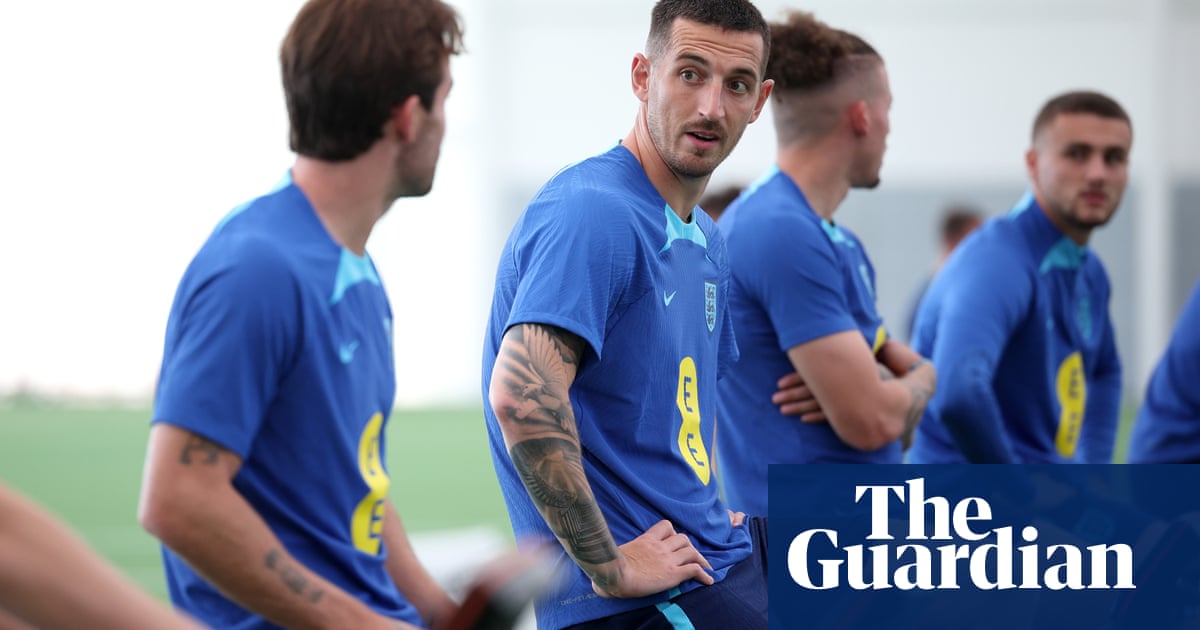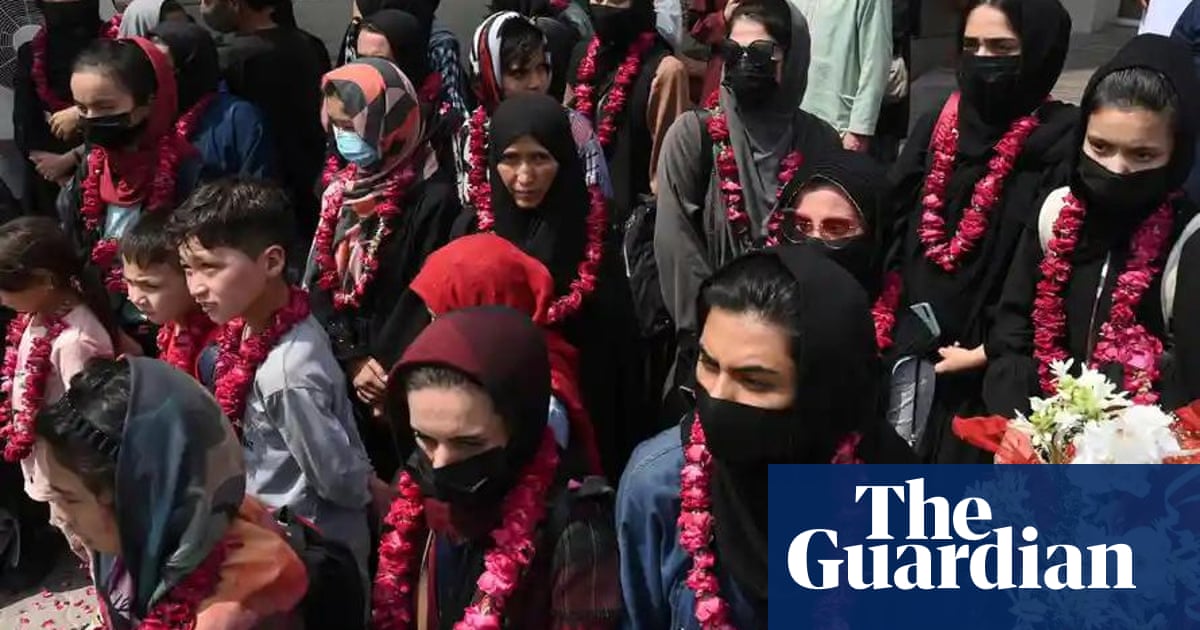
Professional female footballers in England are to benefit from maternity and long-term sickness cover in a landmark change to their contracts.
The move was hailed as a “great step forward” by the Sunderland Central MP, Julie Elliott, after she convened a debate in parliament on women’s experiences of playing football in England. The change has been agreed by the Football Association and Professional Footballers’ Association.
Players at the 24 clubs in the Women’s Super League and Women’s Championship will be guaranteed such cover for the first time. Details have been finalised only recently and have yet to be unveiled. “I pay tribute to all those that have worked so hard to get to this point,” Elliott said.
The FA said in March 2020 that maternity provisions were not in its standard player contract, which is drawn up in consultation with the PFA, and that maternity cover was at the discretion of clubs.
Calls have grown for more to be done to support female players who choose to have children, with an increasing number deciding not to wait until they retire to start a family. They include high-profile players such as the US forward Alex Morgan, whose daughter Charlie was born in May 2020. Morgan returned to action, with Tottenham, that November.
Fifa announced in the same month that it would introduce a set of minimum rights for contracted players globally, with measures that would lead to clubs facing fines and transfer bans if they discriminated against players during pregnancy. However, those proposals – a minimum 14 weeks of paid maternity leave with at least eight weeks after birth at two-thirds of a player’s salary - were criticised for not going far enough.
“We’ve seen how long it has taken Alex Morgan, one of the best players in the world that probably has the best people around her and the best access to staff [to come back from having a baby],” said the Watford striker and mum of two Helen Ward at the time. “For everyone else you’ve got to think it’s going to take similar if not more. It’s a tough subject and one that needs a lot of work.”
In a Westminster Hall debate convened by Elliott, female players’ experiences were discussed in light of the near collapse of Coventry United, where, two days before Christmas and highlighting the precarious nature of player contracts, the squad were told their contracts had been terminated and the club would be going into voluntary liquidation.
Taiwo Owatemi, the MP for Coventry North West, said: “Women playing professional football are often faced with short contracts, low pay and poor working conditions. It is important that we look into how to best ensure that what almost happened to my local women’s team in Coventry before Christmas does not become the norm.”
Several MPs urged the sports minister, Nigel Huddleston, to announce whether and when there would be a review into women’s football after the fan-led review recommended one but he would not be drawn, stating that an answer would be included in the government’s reply to the report’s recommendations in the summer.
Huddleston said the Women’s World Cup and Women’s Euros had met the criteria of having “a special national resonance” and would likely be added to the ‘crown jewels’ list of protected events. That means tournaments would be available on free-to-air TV to ensure the widest possible access to the biggest events in the women’s game.












